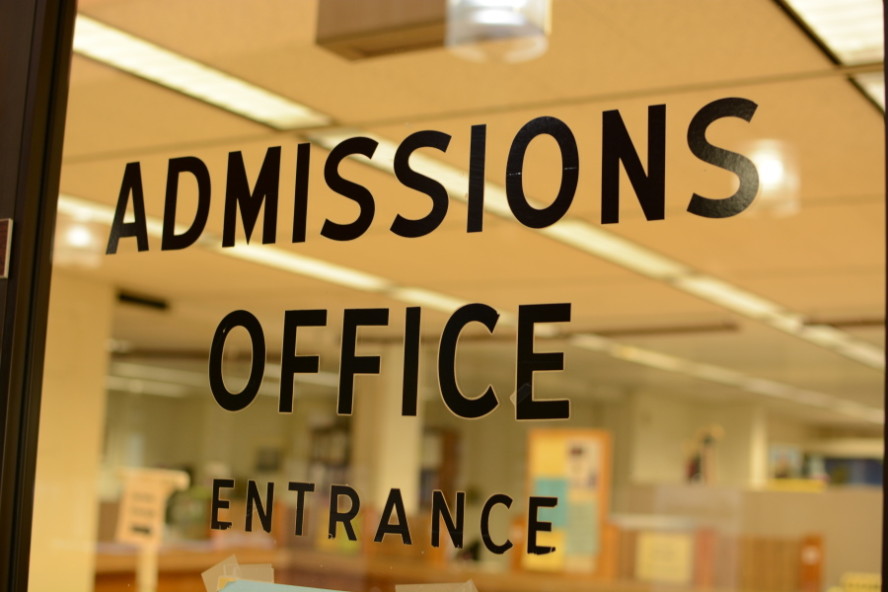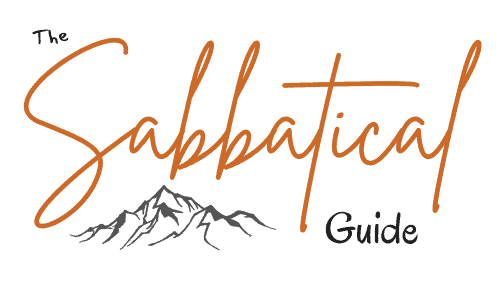Dane’s Yard, Sugar House Island, Stratford, London E15, United Kingdom
📌 India – 201, A Building, Kangan, NIBM Road, Pune City
📌 USA – 2461 W Bulson Rd, Mount Vernon, Washington (WA), 98274
info@visituniversities.com
oxbridge2020@gmail.com
Expert Support for Academic Placements Across Leading Luxemburg Universities
Nationwide Coverage – Affordable Services & Trusted Guidance


Global Academic Placement Made Simple
We connect scholars with leading universities around the world. Simply let us know your desired destination and the subject area you wish to pursue.
Our team will prepare a tailored research proposal in your preferred language for your review and approval. Once finalized, we will initiate contact with universities and, when necessary, dispatch our representatives to engage directly with university officials on your behalf.
We are committed to securing your admission as efficiently and promptly as possible.
Luxembourg is small but punches above its weight for research, tech, law, finance, and European affairs. It’s public, international (50%+ students from outside), and runs everything in English, French, and German. Most research happens via institutes or “Centres.” There’s no classic, paid “visiting professor” program like in some huge EU countries; instead, you get:
What is it?
Conditions:
Regulations:
Duration:
Fees:
Departments:
Application:
What is it?
Conditions:
Regulations:
Duration:
Fees:
Departments:
Application:
Visa:
What is it?
Conditions:
Regulations:
Funding:
Application:
Self-Funded Visiting Researcher:
Legal Status:
Duration:
Long-term:
TL;DR (Realistic)
6–20: Specialized Institutes & Training Bodies
These include places like the Luxembourg Institute of Science and Technology (LIST), Luxembourg Institute of Health (LIH), Luxembourg Institute of Socio-Economic Research (LISER), and the Max Planck Institute Luxembourg for Procedural Law. Here’s the reality for each:
Other “colleges” (e.g., Lycee Classique de Diekirch, or tech/vocational schools)
Dane’s Yard, Sugar House Island, Stratford, London E15, United Kingdom
graywolf650@gmail.com
WhatsApp us
